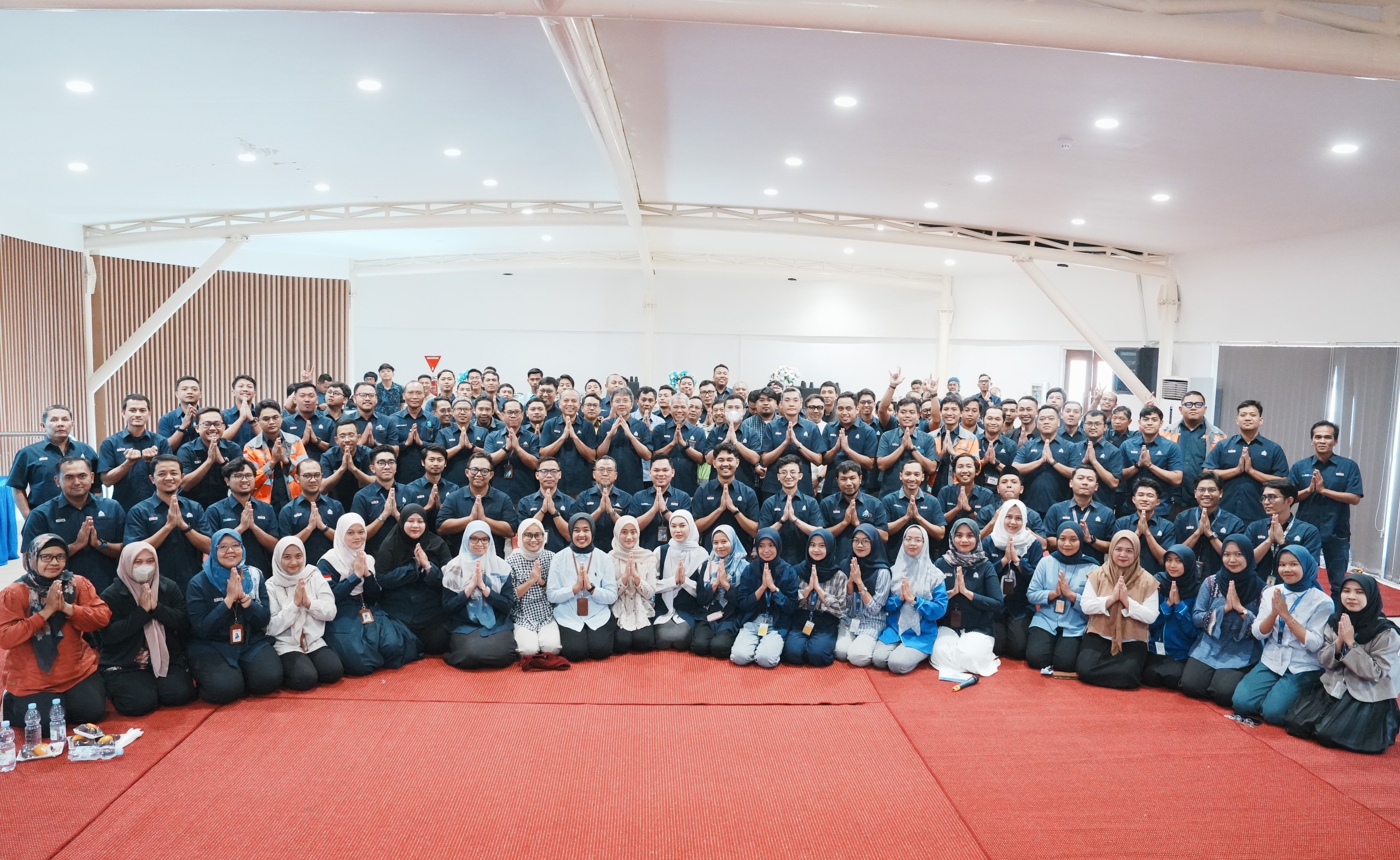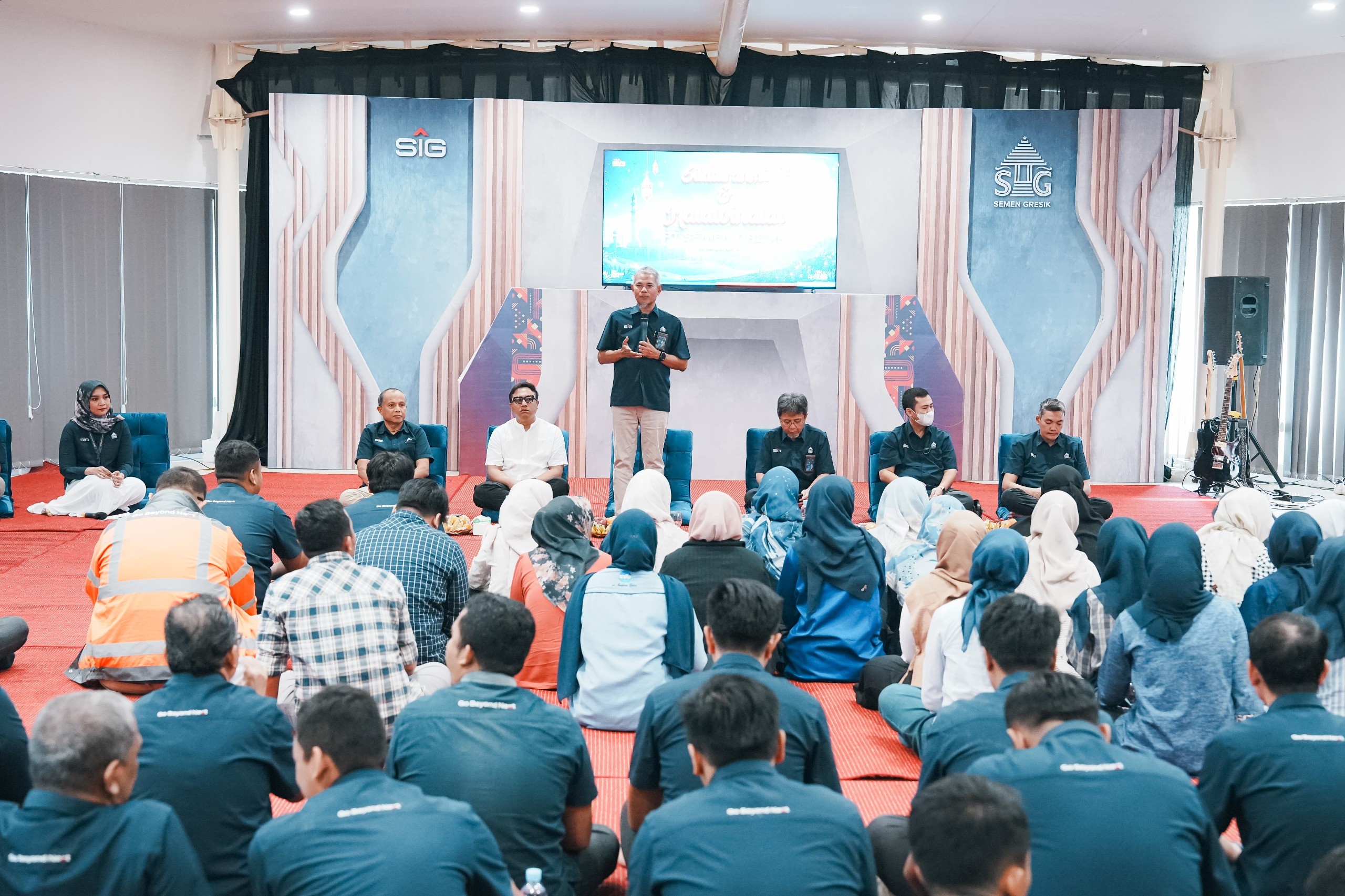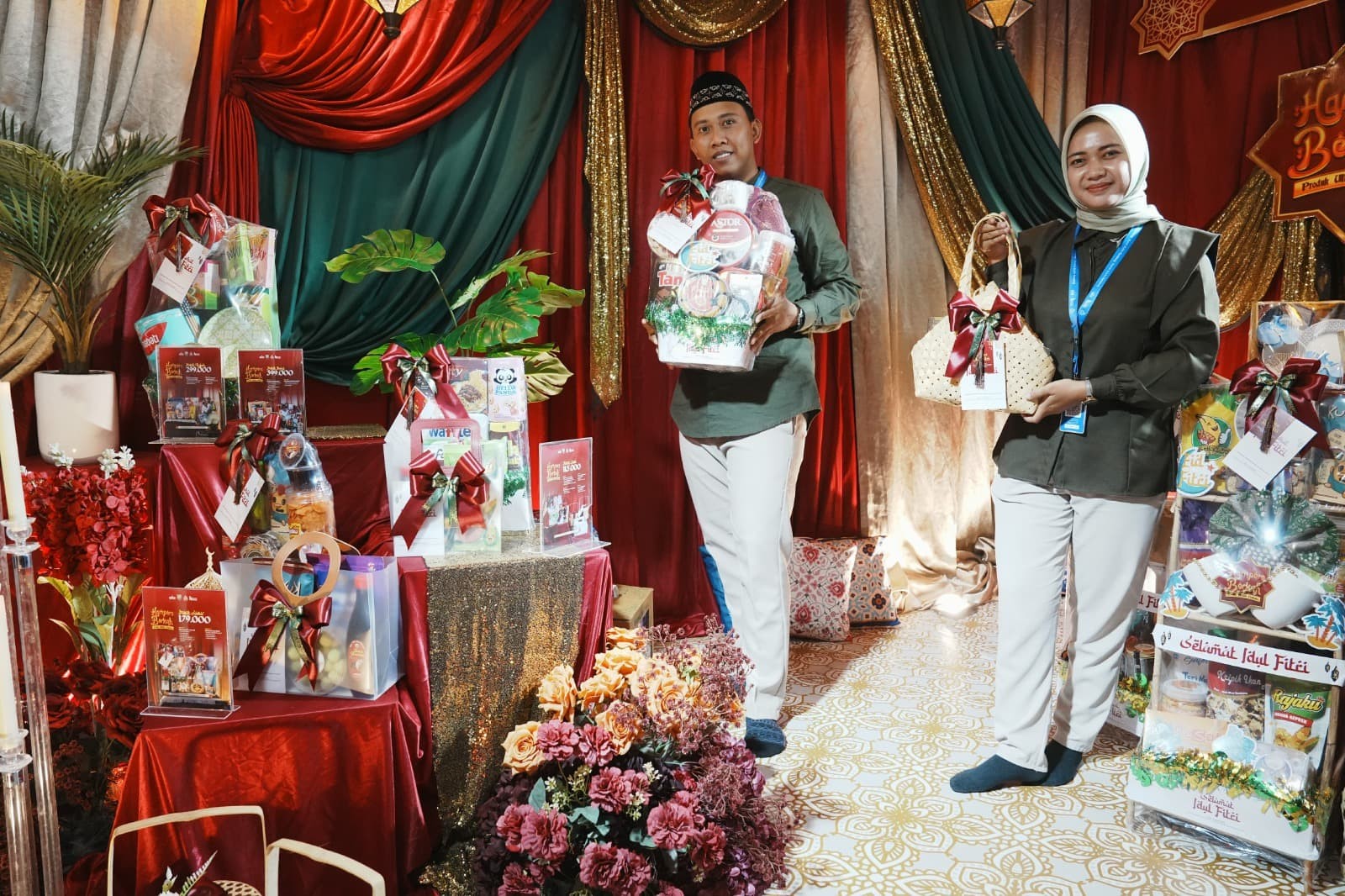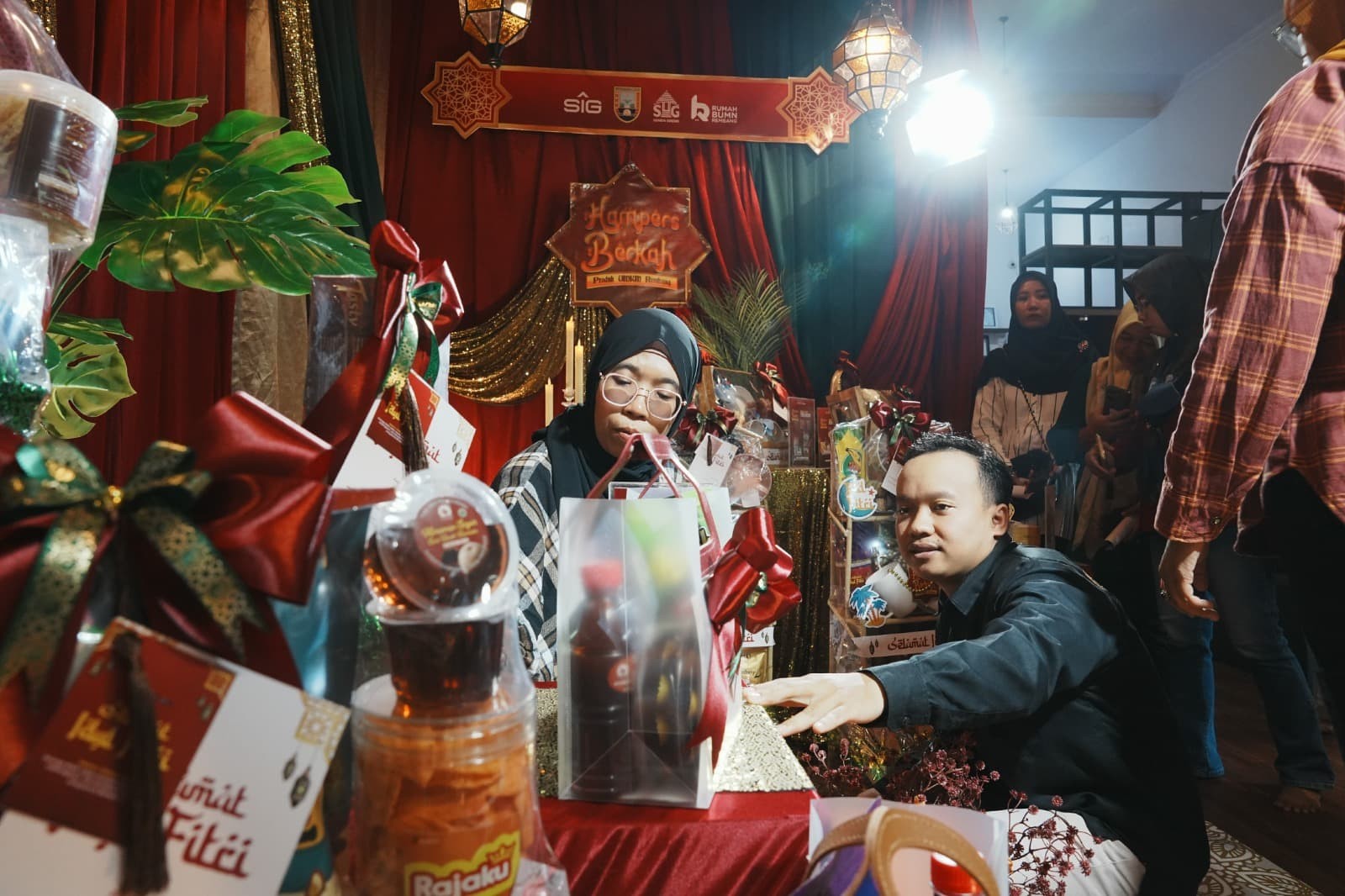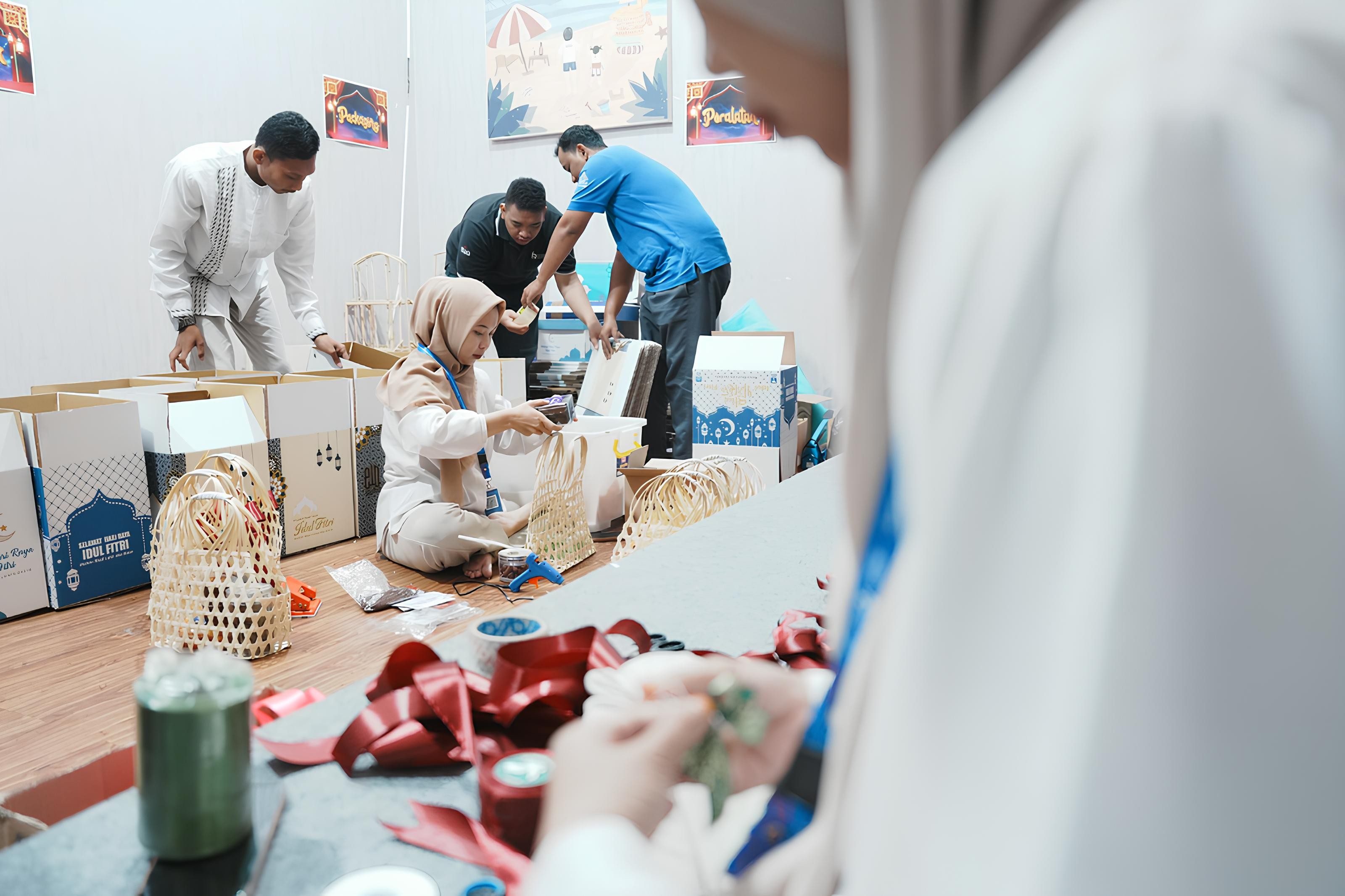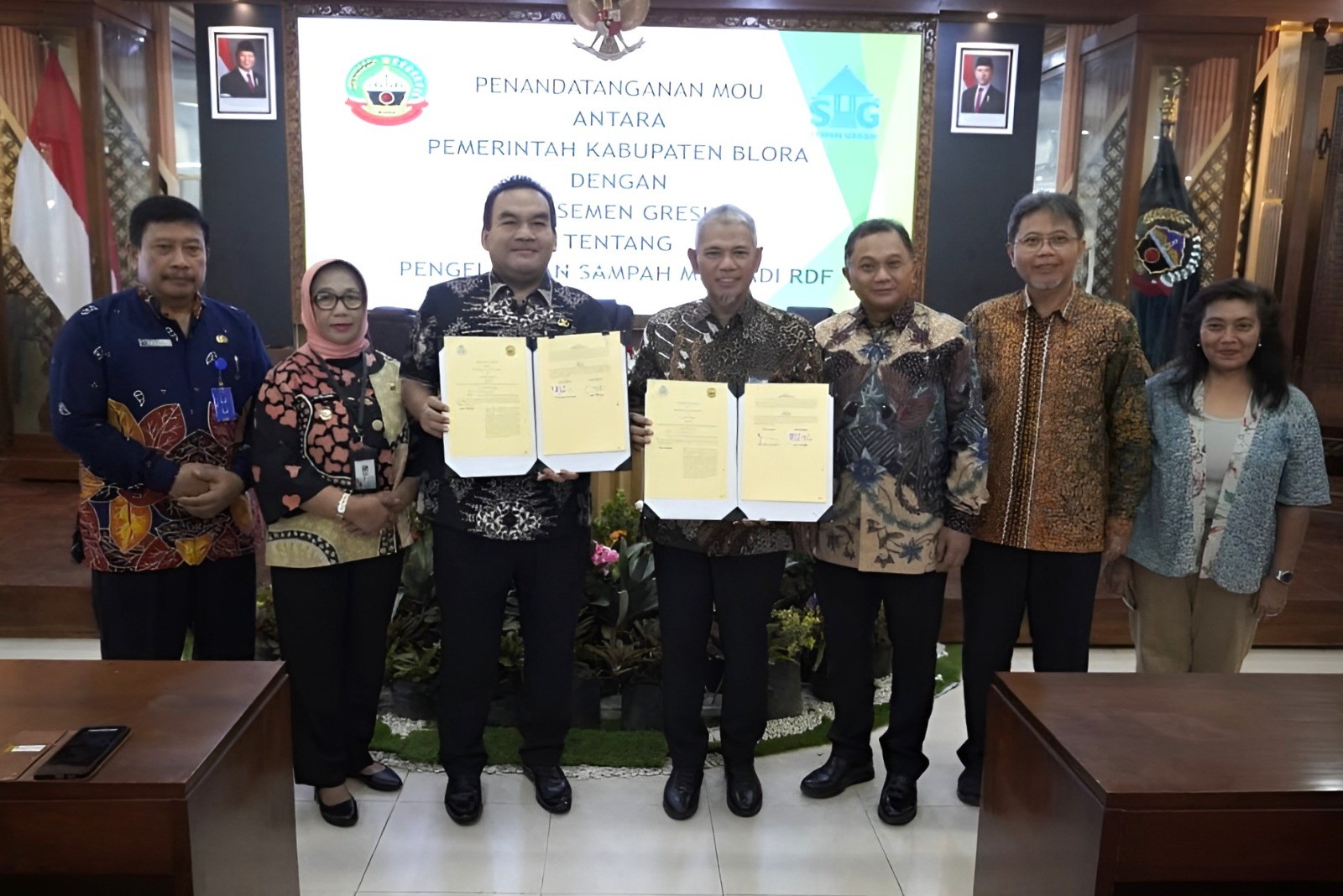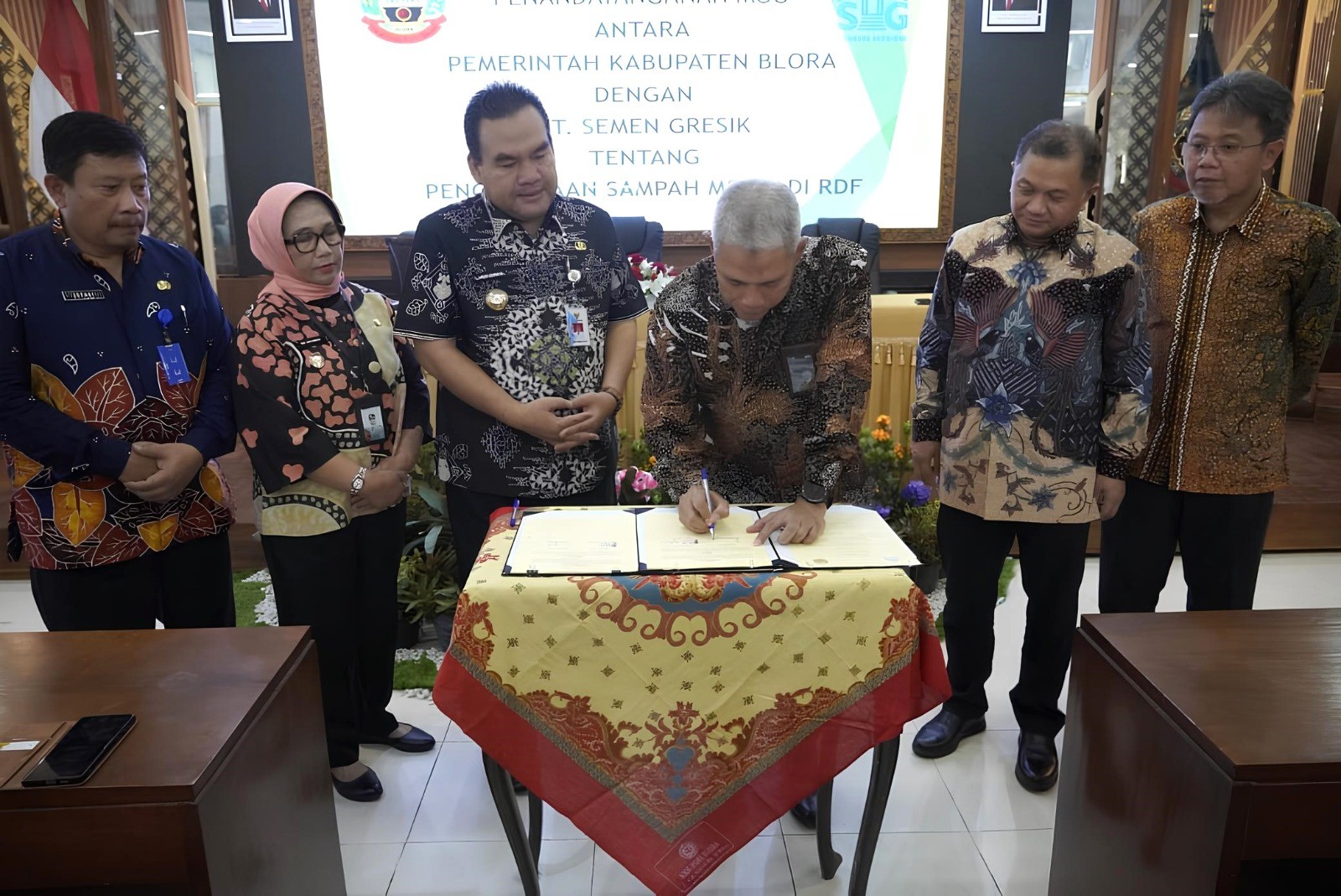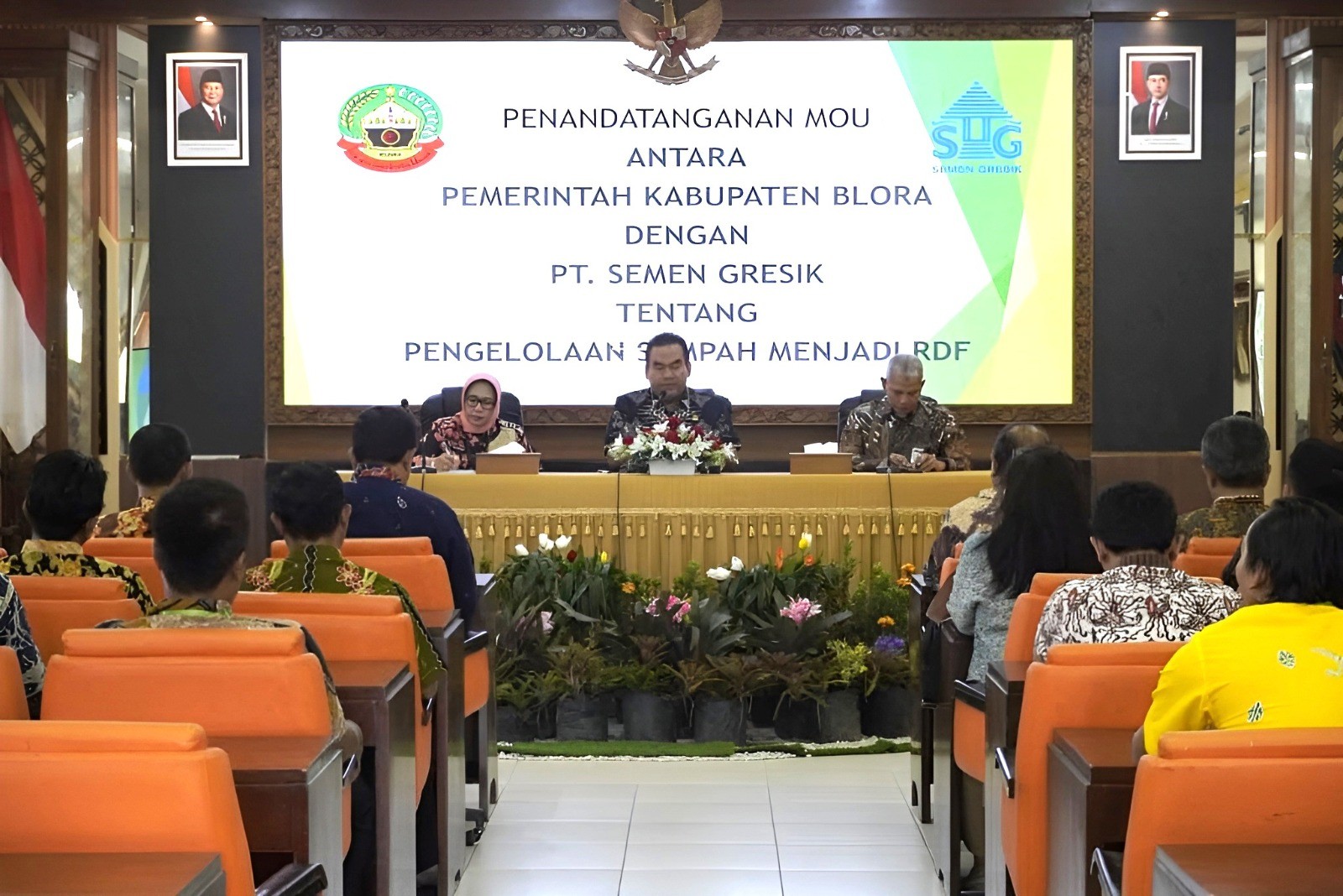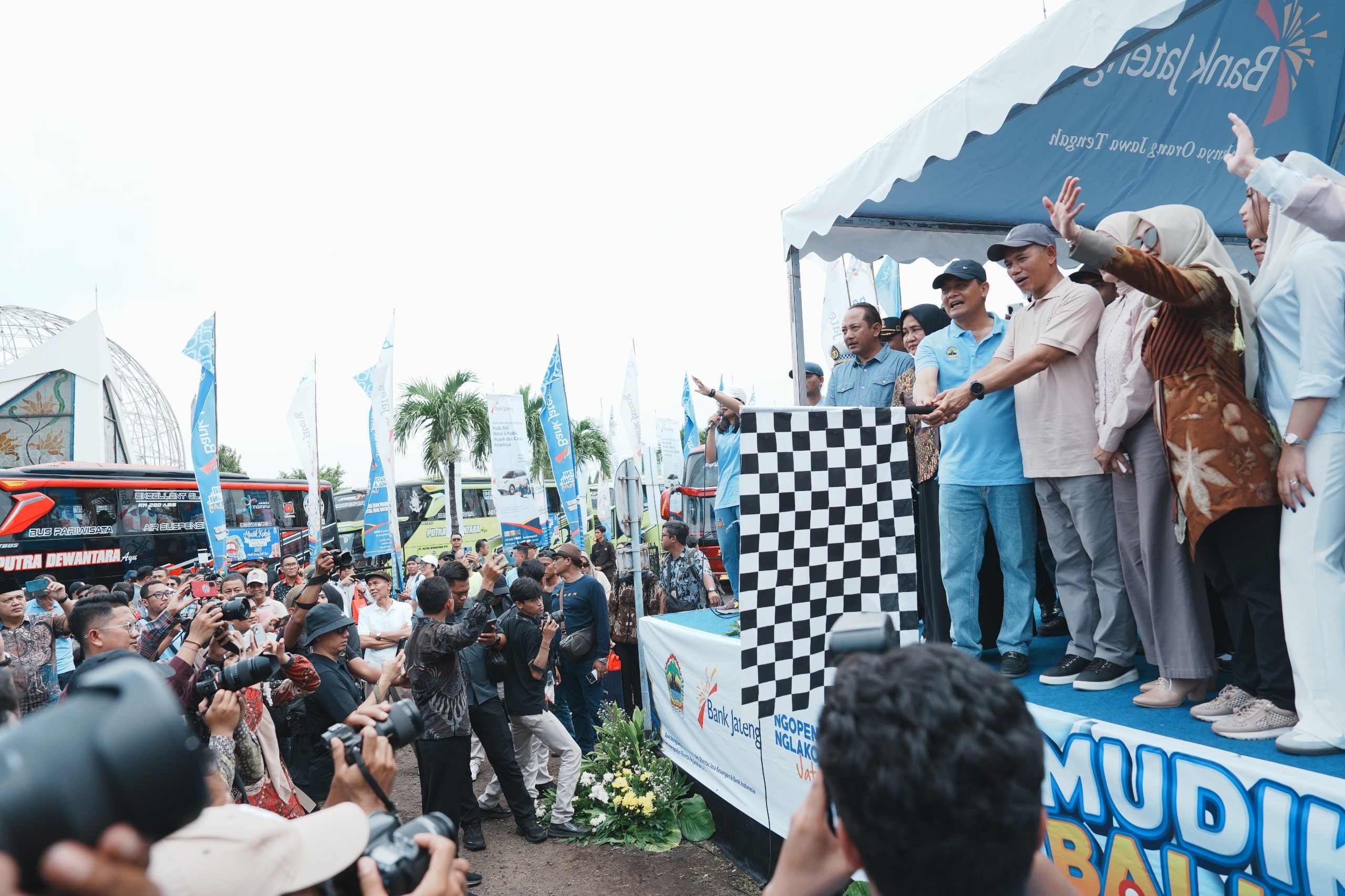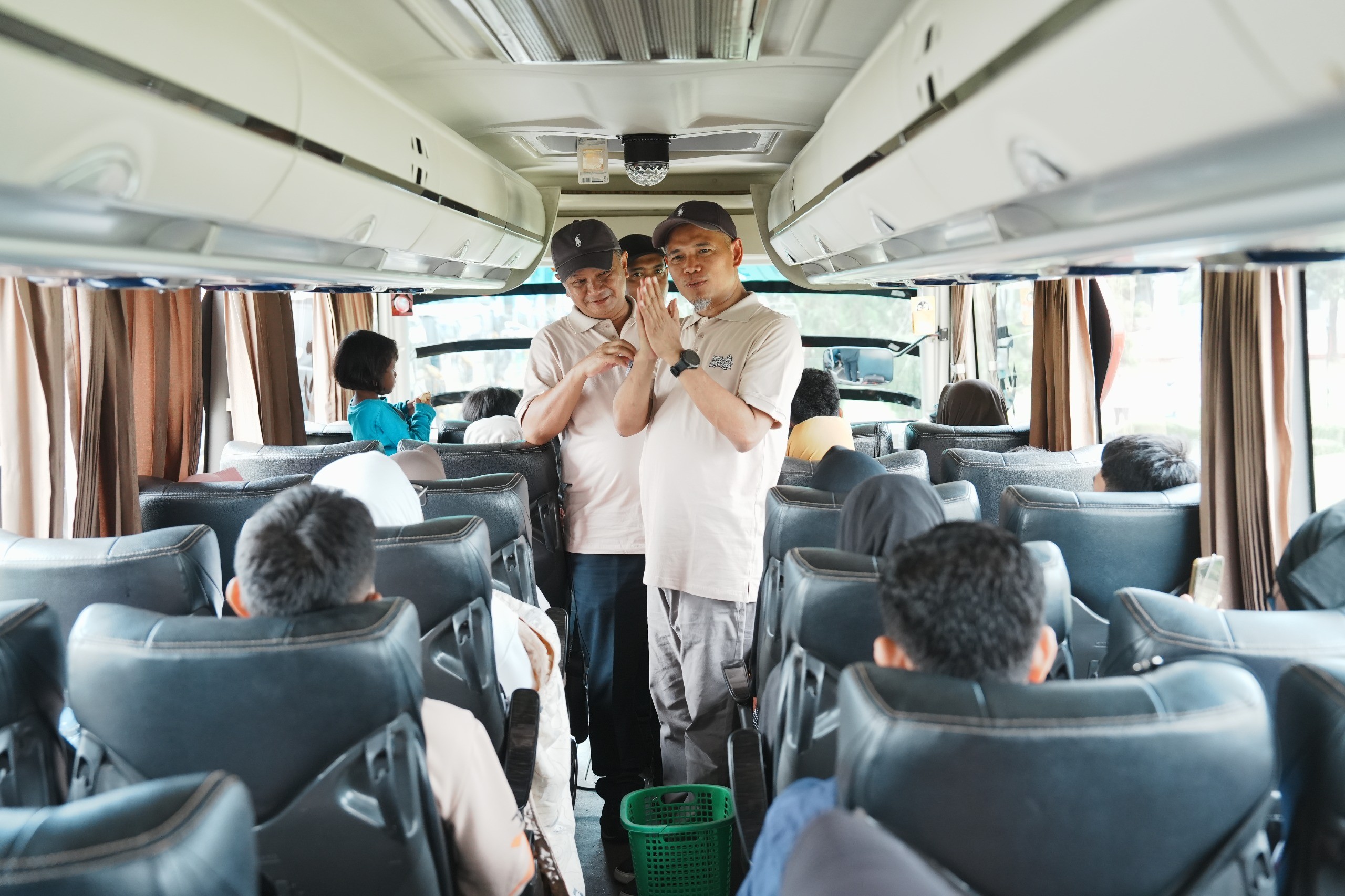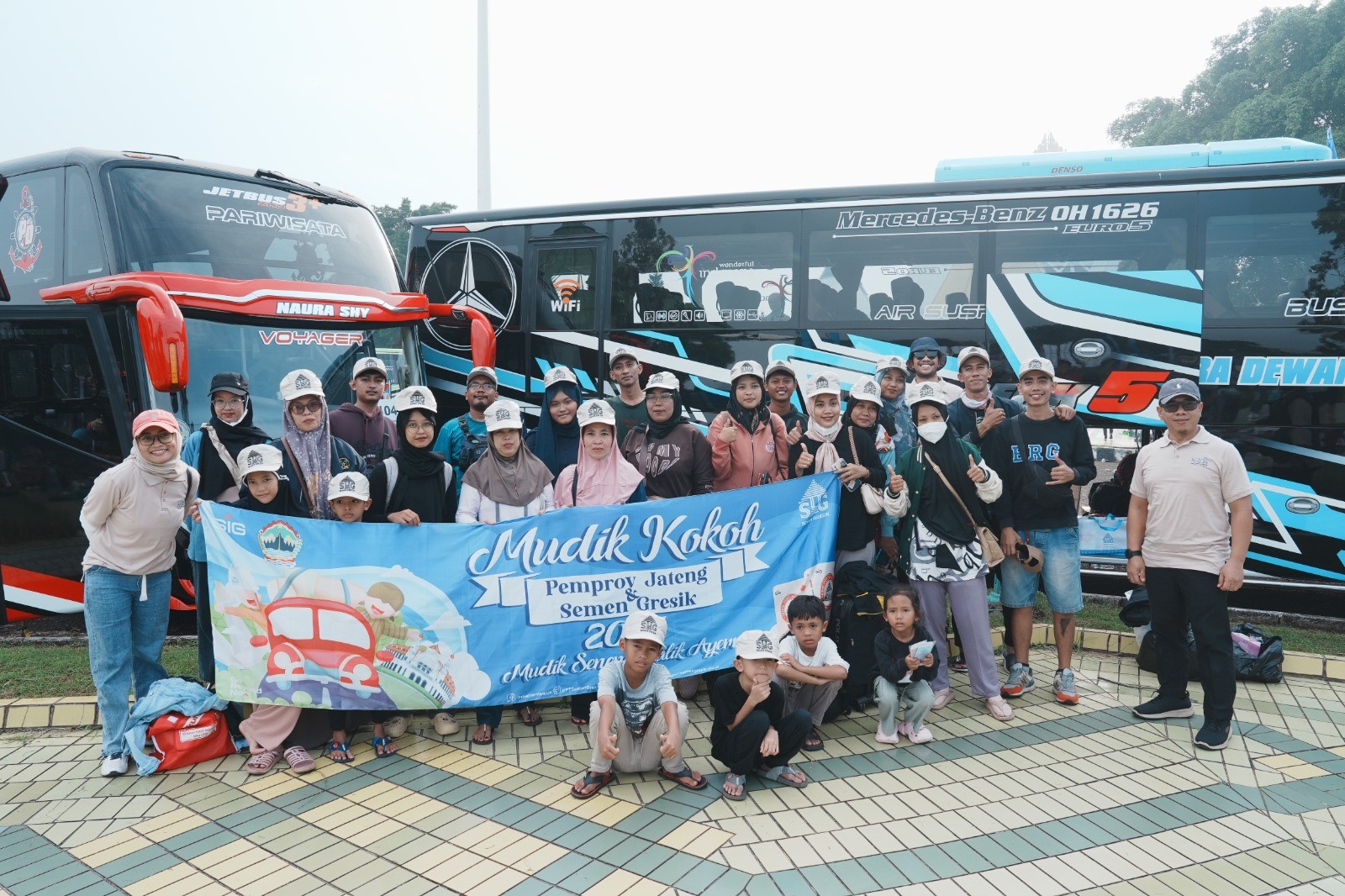Semen Gresik Optimizes the Waste Utilization from Cooking Oil Waste to Shoe Factory Waste as Alternative Eco-Friendly Fuels & Raw Materials
Rembang, October 5, 2020 - PT Semen Gresik (SG) optimized the use of Alternative Fuel and Raw Material (AFR) to substitute raw materials and main fuels. This effort was made to save resources and use eco-friendly energy in the cement production process. The use of AFR is expected to be a solution to the waste problems, reduce emissions, and at the same time reduce dependence on non-renewable natural resources.
"There are several alternative materials that SG uses in the production process. For alternative fuels (AF), SG uses used cloth (rag), used filter bag, and used oil (sludge oil). As for alternative raw materials (AR), SG uses spent bleaching earth (SBE) material, which is solid waste originating from the refining process of palm oil such as cooking oil and other oleo-chemicals, fly ash from burning coal at power plants, and non-flying ash from burning coal (bottom ash)" said Ahmad Zulaihan, Head of the Production & Maintenance Department of PT Semen Gresik.
Zulaihan further explained that the use of AFR in the cement production process could also reduce gas emissions, especially CO2, and also reduce dependence on non-renewable natural resources because fewer fossil fuels were used. By using AFR, SG plays a role in suppressing global warming.
In addition, the use of alternative fuels (AF) can also reduce the cost of production due to reduced fuel costs, especially coal and diesel. This is in line with the company's roadmap for energy conservation programs.
On the other hand, additional income is also obtained from the polluter payment program, which burns its waste in SG's factories. Those who have the spent bleaching earth and bottom ash wastes can take advantage of the SG facility to destroy the two materials in the cement production process.
"Factories or waste producers can synergize with us for every tonne destroyed, which we estimate can reach 40 thousand to 50 thousand tons per year. From January to the end of August 2020 alone, the processed waste reached more than 17 thousand tonnes through the polluter pay mechanism with a value of up to IDR5 billion rupiahs," said Zulaihan.
If AFR is used in Rembang Factory, said Zulaihan, it will further affirm the clear evidence of the company's commitment as a green industry and pay attention to environmental aspects of sustainability. This has been successfully demonstrated in the SBI Narogong Factory and Tuban Plant as examples of the cement subsidiaries of the parent company, Semen Indonesia Group (SIG), which are located in West Java and East Java.
"Hopefully, we can be like that. Because currently, in Rembang, we continue to develop and optimize its use. Most recently, we also tested around 11 tons of shoe waste to be used as an alternative fuel, "he explained.
The use of alternative materials for the production process is certainly a business opportunity for people around Rembang Factory to provide AFR materials for SG. Because in the future, of course, there will be opportunities to work with small and medium enterprises around Rembang Factory to meet the needs of alternative fuels.
"Due to the nature of this alternative fuel, it will usually utilize the available resources around the factory site," he concluded.




